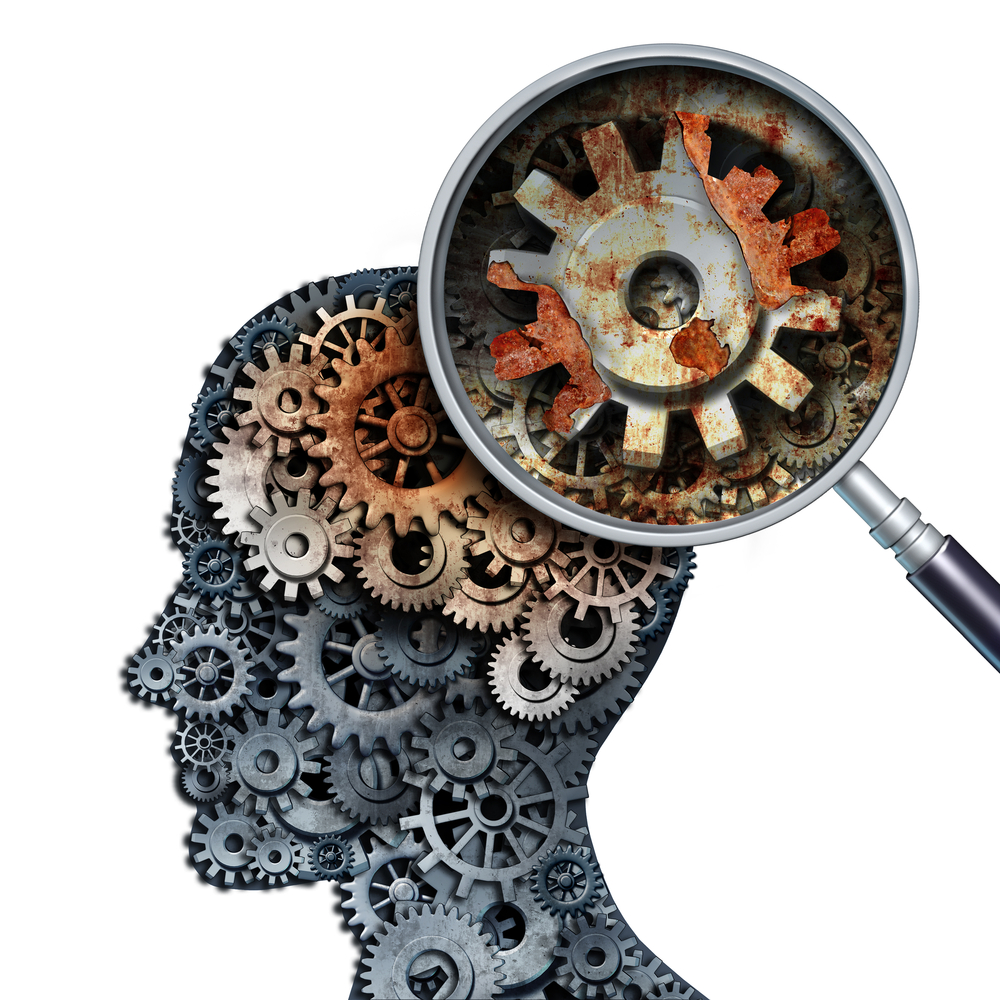Bilingualism Appears to Protect the Brain from Alzheimer’s Symptoms, Study Says

Speaking more than one language appears to help the brain resist the effects of Alzheimer’s disease (AD), according to a study by Italy’s Vita-Salute San Rafffaele University in Milan.
The study, “The impact of bilingualism on brain reserve and metabolic connectivity in Alzheimer’s dementia,” appeared in the journal Proceedings of the National Academy of Sciences.
Recent studies indicate that lifelong bilingualism may delay dementia onset; however, until now, the underlying neural mechanism of these protective effects was unclear.
Psychology professor Daniela Perani and her colleagues studied CT scans of 85 older patients with Alzheimer’s; 45 spoke both German and Italian and 40 spoke only one of the two languages.
Those who were bilingual outperformed single-language speakers in short- and long-term memory tasks, scoring on average three to eight times higher — even though their scans showed more severe deterioration in brain metabolism. Decreased brain metabolism, also known as cerebral hypometabolism, is a feature of AD, in which the brain becomes less efficient at converting glucose into energy.
Notably, the researchers found that bilingual individuals were on average five years older than their monolingual peers.
The researchers also found that the more bilingual people switched from one language to another during their lifetimes, the more their brains were prepared to alternate pathways that maintained thinking skills even as Alzheimer’s damage accumulated.
The brain scans also provided a clue why this might be. Perani said that those who spoke more than one language had better functional connectivity in frontal brain regions, which allowed them to maintain better thinking despite their disease.
Constantly switching between two languages appears to make the brain work harder. That leads to structural changes in the brain, creating a “neural reserve” and rendering the bilingual brain more resilient against aging.
“Our finding suggests that in bilingual patients with Alzheimer’s dementia, both mechanisms are at play, since neuronal loss is accompanied by compensatory increase of connectivity, allowing bilingual patients to maintain high neuropsychological performance and cognitive functioning longer than monolingual [patients],” Perani said in a news release.
“It’s that idea of cognitive engagement — continuing to use it or you lose it,” said Heather Snyder, director of medical and scientific operations at the Alzheimer’s Association. “People who are bilingual and are going back and forth with two different languages throughout their day are activating a specific way of thinking that’s making those brain connections.”
She added: “It’s a small study, so you can’t draw too many conclusions from it, but it is the kind of research we do want to see more of.”
Perani further noted that the findings from this study also indicate that children who learn and often use a second language may benefit when they get older.
“Considering that delaying the onset of dementia is a top priority of modern societies, governments and health systems should be stimulated to activate social programs and interventions to support bilingual or multilingual education, and to maintain the use of more languages in aging,” she said.
Snyder noted that understanding these Alzheimer’s-resistant brain mechanisms could also lead to future therapies that combine drug agents and lifestyle modifications to protect older minds.






